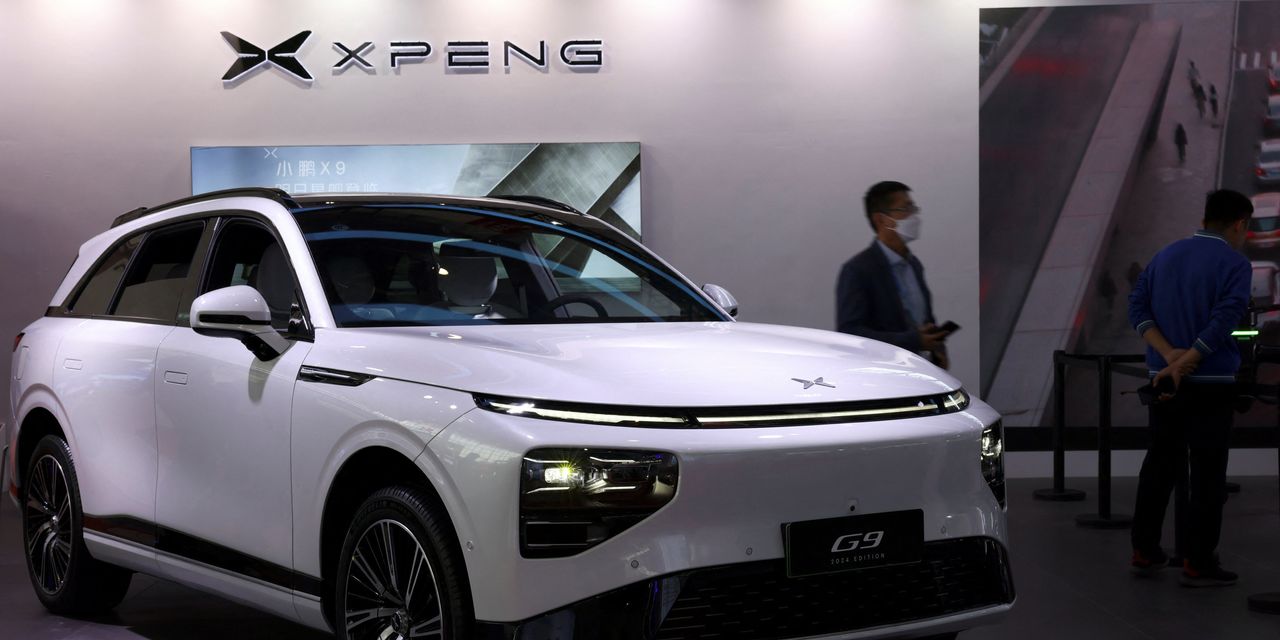European governments are cautious about Chinese electric cars flooding their markets. However, they are also competing for investment and jobs from Chinese carmakers.
While the European Union looks into China’s auto subsidies and thinks about tariffs on imports, countries in Europe are offering their own incentives to attract Chinese carmakers wanting to build factories in Europe.
Chinese electric vehicle (EV) makers like BYD, Chery Automobile, and state-owned SAIC Motor want to set up in Europe to build their brands and save on shipping and potential tariffs. They know their cars must feel European to attract European customers.
The EU will decide on tariffs this week. These taxes could help European carmakers compete with Chinese ones, but they might also encourage more Chinese investment in Europe.
Last year, 4% of cars sold in Europe were Chinese, and by 2028, it’s expected to be 7%.
Hungary, which made around 500,000 vehicles in 2023, got its first investment from a Chinese carmaker last year. BYD, a big EV company, plans to build another factory in Hungary.

Poland is attracting investments with programs worth more than $10 billion. They offer incentives to businesses, including tax relief.
Spain has secured investment from Chery, a Chinese carmaker, which will start making cars in Barcelona soon.
Italy also offers incentives for carmakers and buyers, hoping to attract more investment. Dongfeng, a Chinese company, is in talks with Italy.
SAIC, the company that owns MG, wants to build two plants in Europe. They are considering countries like Germany, Italy, Spain, and Hungary.
Chinese carmakers face higher costs in Europe, but exporting cars from China can also be expensive. Turkey, with its customs union with the EU, is a popular choice for talks with Chinese carmakers.

